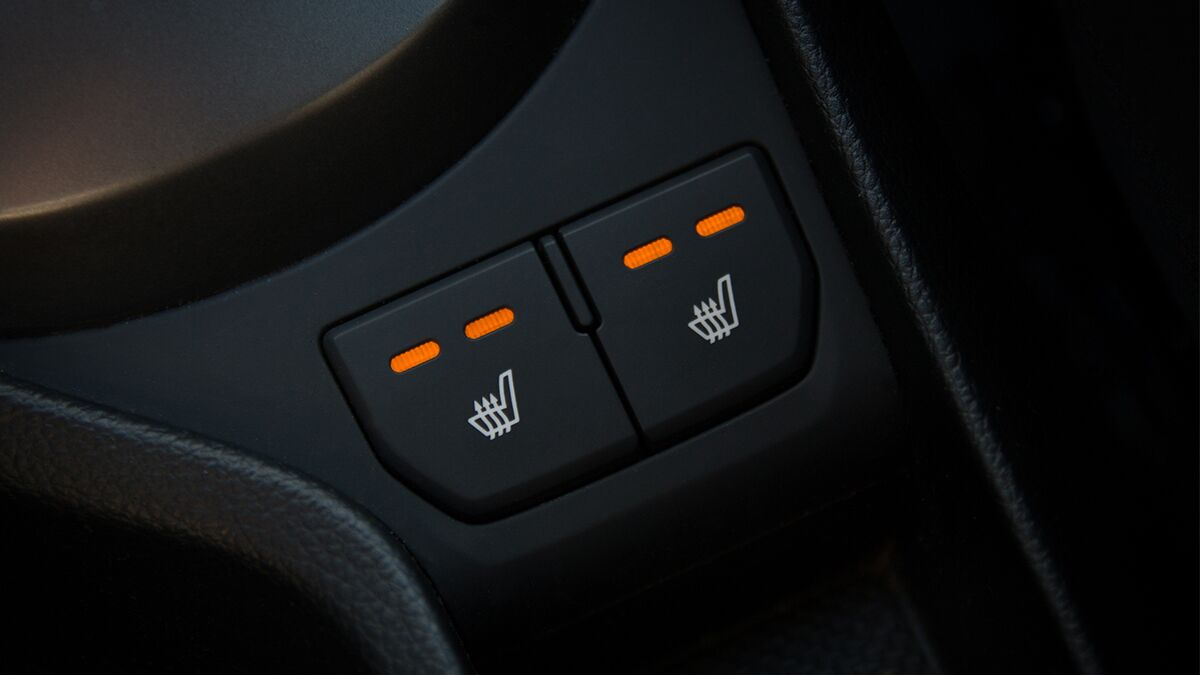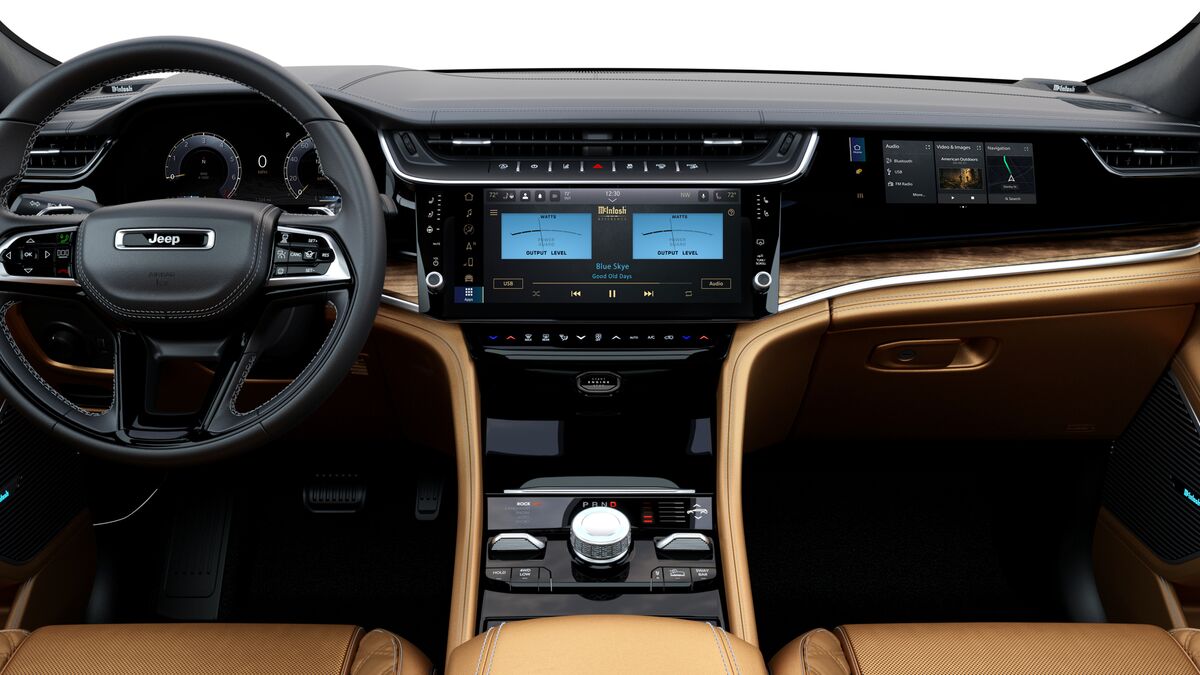- Some automakers plan a future where every car will have every feature, but owners will have to pay subscription fees to use them
- A proposed law in New York would ban the business plan in many cases
Your car has heated seats, but you have to pay $12.99 a month to turn them on.
It has an impressive sound system, but to use it, you have to decide how much you’re willing to pay: $4.99 a month for eight speakers, $8.99 for 16 speakers, or $12.99 for all 24.
Find yourself in the mountains and wish you had more horsepower? You can add an additional 100 hp. That’s $1.99 an hour.
Our scenario is fictional, but it could become real. Many automakers have pitched a future of subscription-based car features to their investors. A proposed law in New York would stop the practice before it becomes widespread.
The bill has passed both chambers of New York’s legislature. Governor Kathy Hochul has not said whether she plans to sign it.
“If it becomes law, automakers could face fines for charging subscription fees on hardware already installed,” explains Buffalo CBS affiliate WRGB.
The Problem? Today’s Cars Are Too Reliable
- The average car on American roads is now almost 13 years old — that means Americans aren’t buying cars as often
- They’re also always connected to the internet, which invites a new business plan
The average car on American roads is now 12.8 years old. With Americans keeping their cars longer than ever, automakers know they can’t count on frequent new car sales to bring in as much revenue as they used to.
New cars are also more expensive than ever — nearly $50,000 on average — keeping Americans away from sales lots.
But many of today’s new cars are also connected to the internet at all times. That has enabled automakers to dream up a new business plan. Rather than capturing money only when Americans buy a new car, some plan to get subscription revenue.
Automakers could save themselves money by simply building every feature into every car, ending the complexity and cost of building different trim levels. They could then activate and deactivate features remotely based on monthly payments.
Some have started experimenting. BMW previously experimented with monthly payments for heated seats in some markets. Mercedes has offered downloadable hp boosts for some electric vehicles (EVs) on a subscription model.
Volkswagen, in 2021, even unveiled a concept with self-driving software that charges ticket prices based on where you want it to take you.
Bill Would Ban the Practice in Most Cases
- The idea has faced pushback from consumers, car dealers, and now, lawmakers
- New York’s proposal would ban the practice, but allow it for some software functions
The idea, as you might expect, is not popular with drivers.
Our research shows that only 25% of drivers are open to it.
Car dealers dislike it, too. They’re generally better off if car shoppers are happy, and the system could cost them the opportunity to upsell buyers on trims and features.
Now, New York’s legislature might ban it. The bill has an exception, we should note, for “navigation system updates, infotainment features, satellite radio, in-vehicle Wi-Fi, telematics services, roadside assistance, software-dependent driver assistance or driver automation features, or vehicle-connected services that rely on cellular or other data networks for continued operation.”
That would allow, for instance, Tesla to continue charging subscription fees for its Full Self-Driving (Supervised) partial automation system.
New York isn’t the only state that could take action. SlashGear reports, “Similar bills are being proposed in New Jersey and Massachusetts, and there may be more legislation on the way.”








